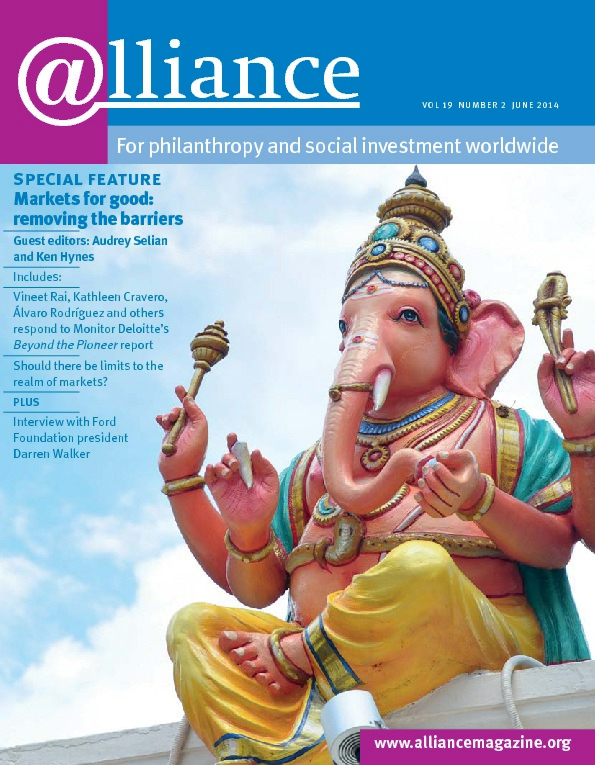Landmark judgements of the European Court of Justice forbid EU Member States from discriminating against foreign EU-based public-benefit organizations (PBOs) and their donors. Despite this, PBOs and their donors and beneficiaries are still faced with obstacles to obtaining tax incentives when active across borders, says a recent joint study by the EFC and the Transnational Giving Europe network (TGE), Taxation of cross-border philanthropy in Europe after Persche and Stauffer: From landlock to free movement?
 The main obstacle is the comparability test, designed to establish whether a foreign organization is equivalent to an eligible domestic one. The conditions of the test vary from country to country but the burden of proof generally lies with the donor or entity seeking the tax incentive. The ‘degree’ of equivalence required by the state from which the exemption is sought is usually the critical question. Recently, a Spanish court ruled that the Swedish Riksbanken Jubileumsfond can be considered as comparable to a Spanish foundation despite the fact that it remunerates its board (which is not permitted in Spanish tax-exempt foundations). There is hope that other cases will show that ‘comparable’ does not mean ‘identical’ and that an organization need not comply with every detail of national tax law so long as it is considered in essence comparable.
The main obstacle is the comparability test, designed to establish whether a foreign organization is equivalent to an eligible domestic one. The conditions of the test vary from country to country but the burden of proof generally lies with the donor or entity seeking the tax incentive. The ‘degree’ of equivalence required by the state from which the exemption is sought is usually the critical question. Recently, a Spanish court ruled that the Swedish Riksbanken Jubileumsfond can be considered as comparable to a Spanish foundation despite the fact that it remunerates its board (which is not permitted in Spanish tax-exempt foundations). There is hope that other cases will show that ‘comparable’ does not mean ‘identical’ and that an organization need not comply with every detail of national tax law so long as it is considered in essence comparable.
The research also explores other possible ways of easing the comparability process, for instance the use of treaties that would enable a foreign-based PBO’s tax-privileged status to be recognized automatically. Model statutes, reflecting the requirements for a PBO to be eligible for tax-privileged public-benefit status throughout the EU, could be devised. Limiting the comparability test to some agreed core elements or ensuring that a donation will be used only in accordance with the national law of the Member State from which the tax incentive is sought could also help. The EFC and TGE, together with other partners, are committed to work towards implementing these proposals to further ease tax-effective cross-border philanthropy.
For more information
Visit http://www.efc.be/tge to download the study. For a hard copy or more information, contact legal@efc.be. Individual country reports will shortly be available on http://www.efc.be and http://www.transnationalgiving.eu






Comments (0)